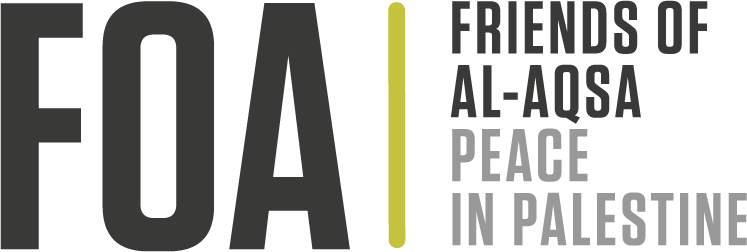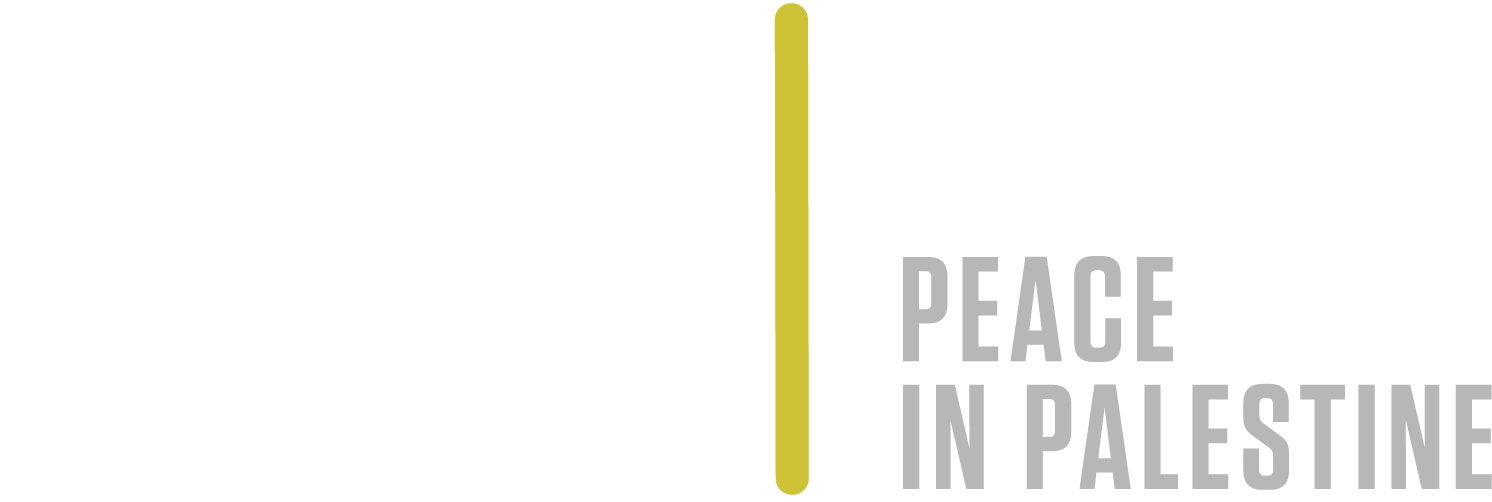
 FOA MEMBERSHIP
FOA MEMBERSHIP
Support Palestine monthly
Support Palestine
Your generosity allows us to keep campaigning to end Israel’s illegal occupation and
apartheid in Palestine.
Together we can make a difference. #TeamFOA won’t stop until Palestine is
free.
Your generosity allows us to keep campaigning to end Israel’s illegal occupation and
apartheid in Palestine.
Together we can make a difference. #TeamFOA won’t stop until Palestine is
free.
pack 20% OFF online merchandise purchases Exclusive discounts to FOA event